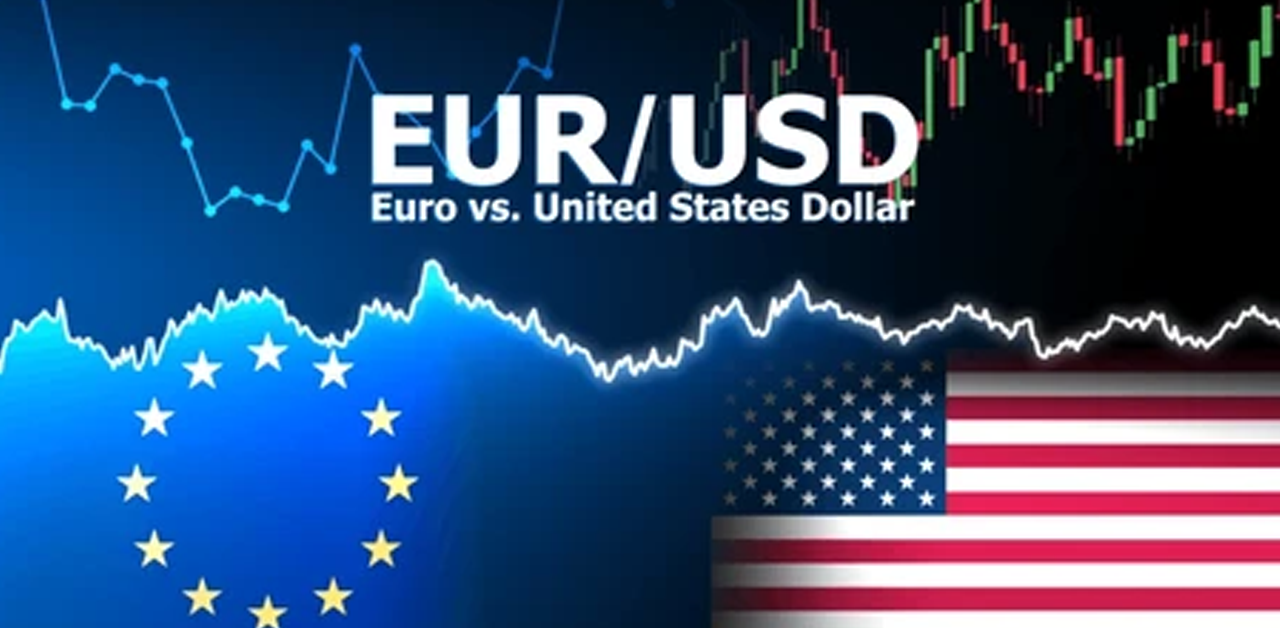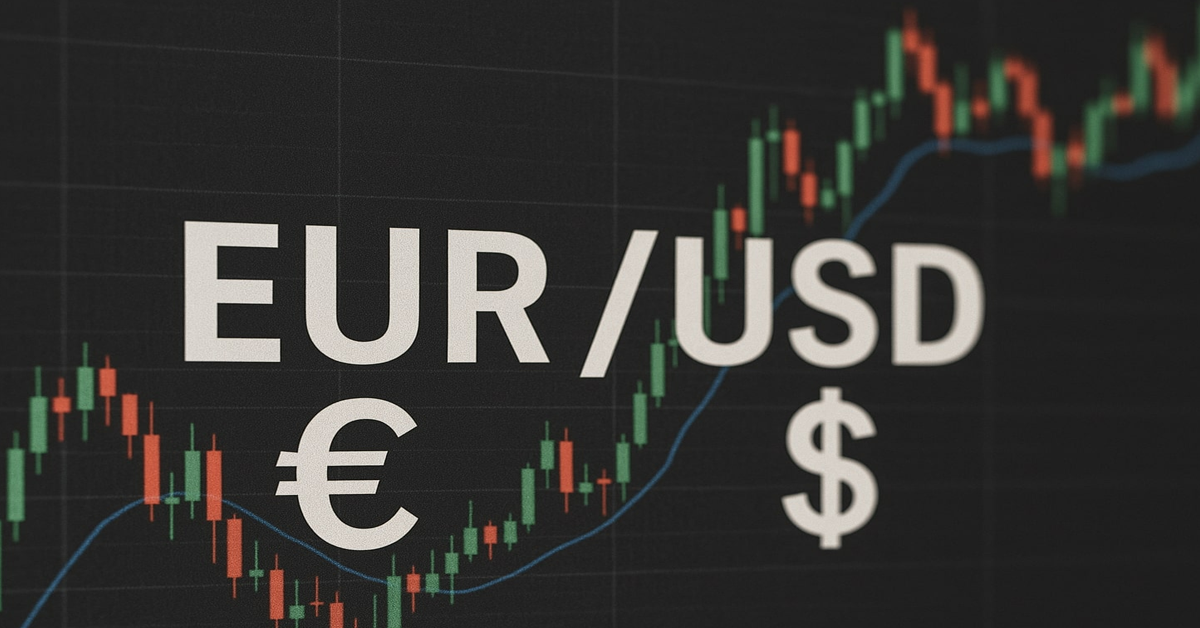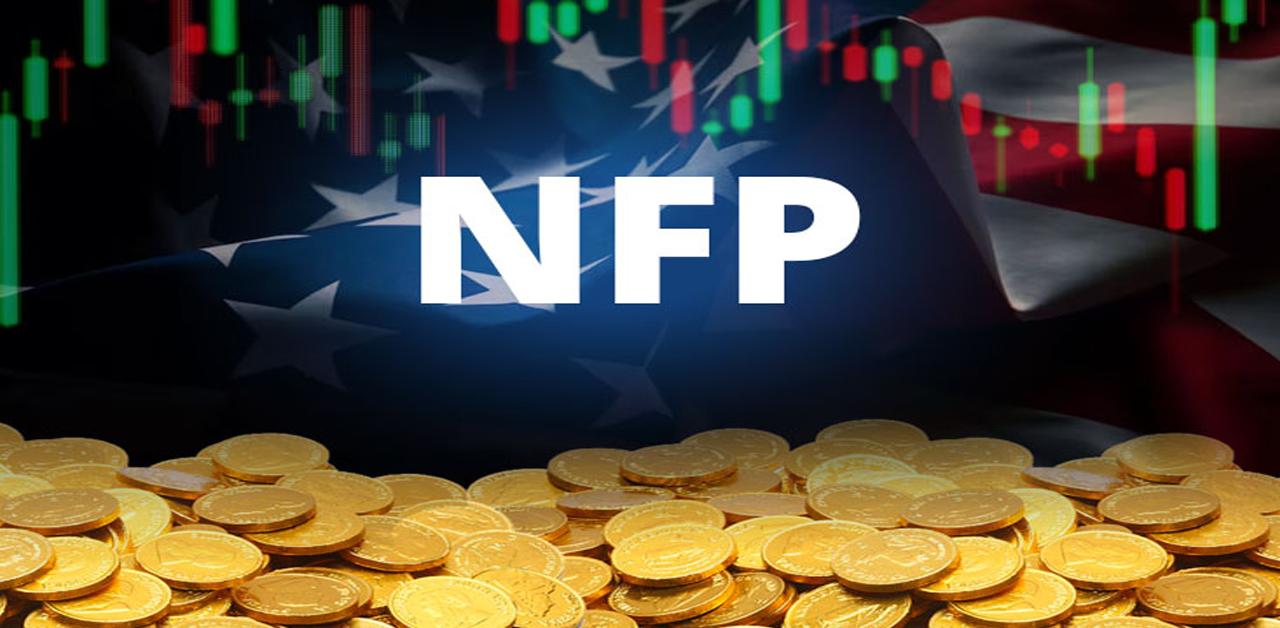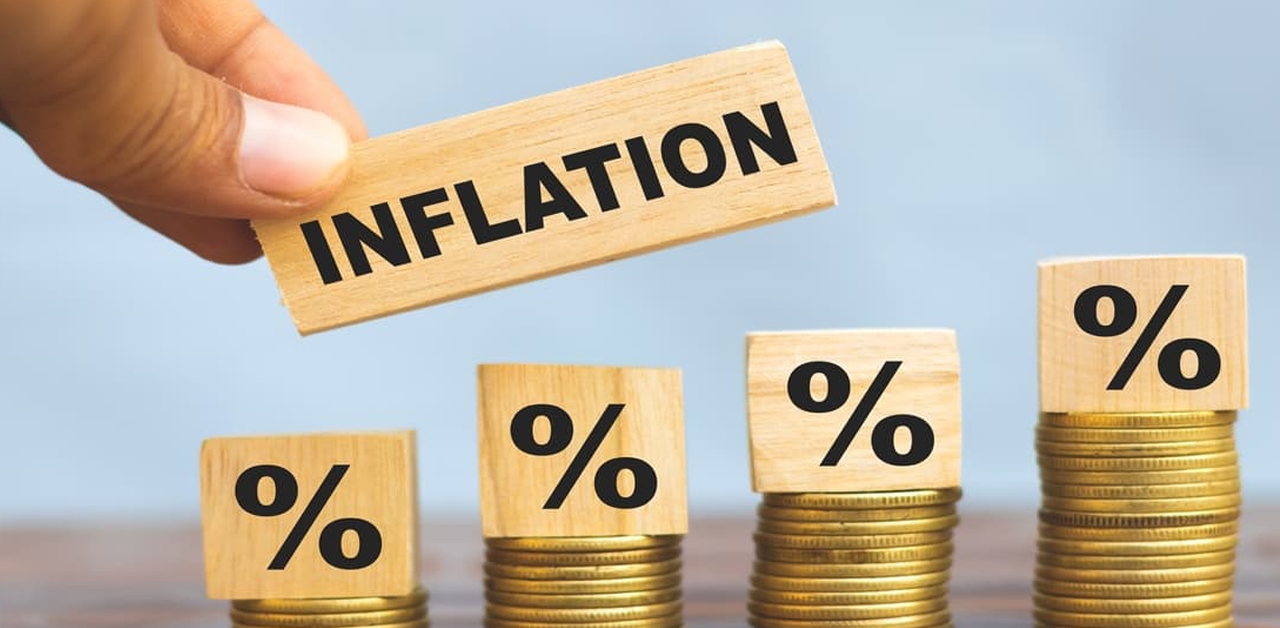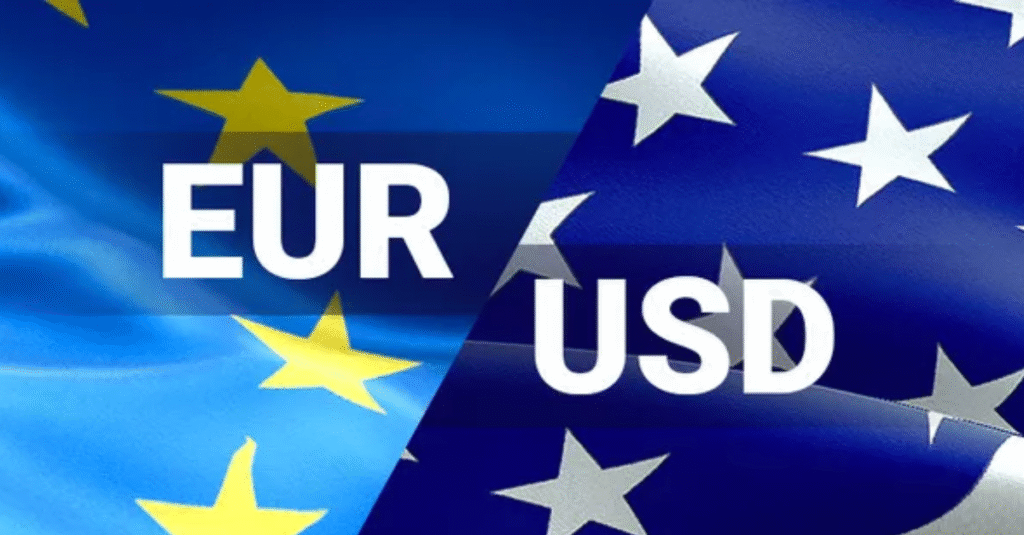
The EUR/USD pair is trading lower around 1.1740 during Wednesday’s Asian session, retreating from Tuesday’s two-week high of 1.1761. The pullback is driven by a renewed strength in the U.S. Dollar (USD) following the announcement of a new trade agreement between the United States and Japan.
U.S.-Japan Trade Deal Boosts Dollar Demand
U.S. President Donald Trump confirmed a trade deal with Japan that includes a 15% tariff on Japanese exports and a $550 billion investment commitment from Japan into the U.S. economy. The agreement also opens up Japanese markets to major American exports, including agricultural and automotive products.
The news provided a boost to the Greenback, as investors saw it as a positive development for U.S. trade and economic relations. During a meeting with Philippine President Bongbong Marcos, Trump expressed optimism about another deal, saying, “We’re close to a trade deal,” and added that he has no issue with the Philippines maintaining good relations with China.
Fed Independence Concerns Cap Dollar’s Upside
Despite the dollar’s rebound, its upside may be limited amid renewed concerns over the Federal Reserve’s independence. Trump once again criticized Fed Chair Jerome Powell, stating, “Powell’s going to be out soon anyway; he’s got to be out in eight months.” He argued that the U.S. economy remains strong and interest rates should be much lower, saying, “We should be at 1%.”
These remarks continue to fuel uncertainty about the Fed’s policy path and undermine confidence in its autonomy, tempering aggressive dollar buying.
Focus Turns to Eurozone Consumer Sentiment and ECB Decision
On the European front, traders are awaiting the release of the European Commission’s Consumer Confidence report, due later in the day. The July reading is expected to show a 15-point decline, reflecting ongoing concerns about the region’s economic outlook.
The bigger event for the euro, however, will be the European Central Bank’s (ECB) policy decision on Thursday. While no change in interest rates is expected, ECB President Christine Lagarde has previously hinted that the current rate-cutting cycle may be nearing an end. After eight consecutive quarter-point reductions, the ECB’s deposit rate currently stands at 2.0%.
Lagarde’s tone and forward guidance will be closely watched for clues on future monetary policy moves, especially in light of persistent inflation risks and sluggish growth across the Eurozone.

